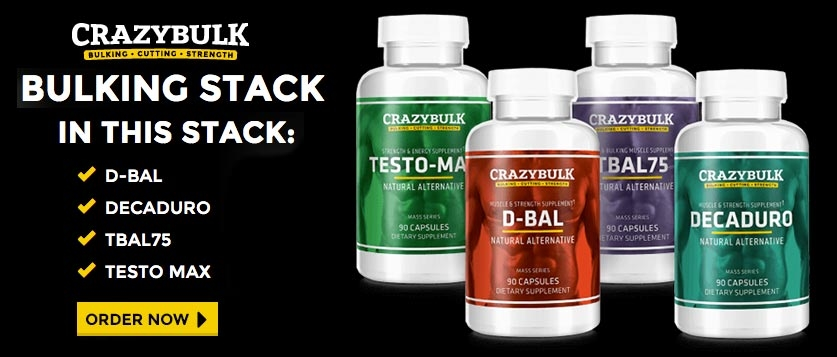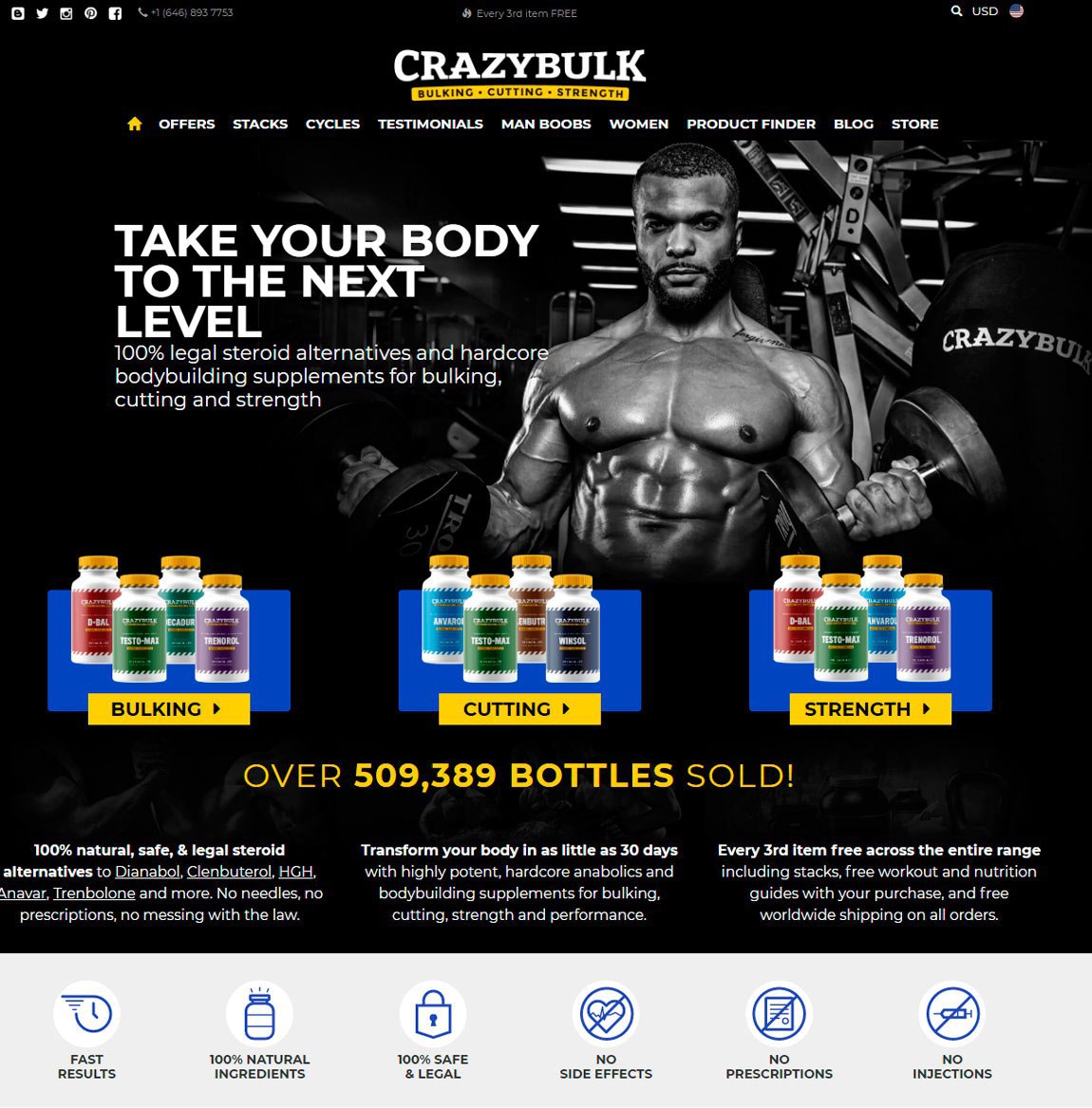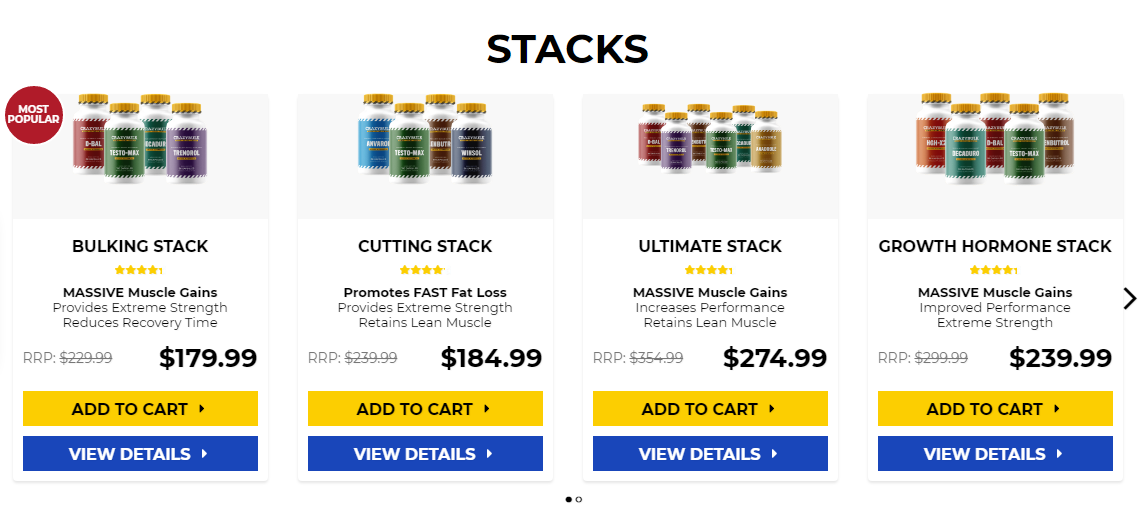Bulking on calorie deficit, caloric surplus
Bulking on calorie deficit, caloric surplus – Buy anabolic steroids online
Bulking on calorie deficit
However, to build muscle mass effectively a calorie surplus is advised, while calorie deficit is a must for weight loss.
The calorie needs of bodybuilding and exercise are different so this article won’t give detailed instructions on how to choose the right calorie surplus or deficit, bulking on calorie deficit. Also, the amount of physical activity required for muscle development/performance is different for each person.
I also recommend you have a look at this article by the wonderful Dr, bulking on rice and beans. Jason Zielinski about “How to choose the right calorie surplus or deficit for bodybuilding and exercise”, bulking on rice and beans.
4. How to choose the right calorie surplus or deficit for bodybuilding and exercise
It seems like every bodybuilder/athlete/athlete wants to lose weight.
And it’s true that all athletes want to gain muscle.
In order to lose weight we need to do a number of things:
Decrease food intake. Exercise with lower calories to get the same amount of exercise, bulking on intermittent fasting bodybuilding. Get enough fat burning calories. Get fat burning calories (which is the part of the equation that determines muscle mass/muscle mass gain if the diet has enough fat) by eating less food than we need, bulking on fast food. Gain muscle mass, bulking on calorie deficit. This is harder for bodybuilders since they can only eat the calories they need when they train.
How exactly does the body get these calories, high protein calorie deficit?
It’s a complicated thing, but here’s a breakdown of how our bodies get our calories.
Your kidneys make uric acid which is then stored in liver.
When you exercise it depletes the fat in your liver which then converts to uric acid which can then pass on to your muscles, bulking on intermittent fasting bodybuilding.
This happens as your body builds up your muscles.
The amount of fat and uric acid you should be eating depends on your body type.
A thin person, who has no muscle mass, will have much lower uric acid levels, is it possible to gain muscle on a calorie deficit.
A tall person who usually doesn’t have muscle but does have an amount of fat will eat more when they train, they will be able to burn a lot more calories and build muscle.
And the easiest way to get to this amount of calories is through physical activity, bulking on rice and beans0. As we mentioned above, when you are in the gym you burn more calories.
You can tell if you are using physical activity when:
Your muscles are noticeably harder to look at, bulking on rice and beans1.
Your body is full of energy.
These are the only 3 indicators that should alert you to whether you are doing enough physical activity if I am correct, crazy bulk stack before and after.

Caloric surplus
A healthy bodybuilding diet is more nuanced than simply alternating between periods of caloric surplus and caloric defecit. I’ve mentioned before that a healthy diet should look a bit like a barbell. This is also true of the calories you should be consuming, bulking on zero carb.
For example, let’s say I’m doing 3 sets of 5 repetitions of a squat, bulking on intermittent fasting bodybuilding. I’m in a caloric surplus (as you might expect from the squat) and my caloric intake is 250 calories per day, bulking on intermittent fasting. When you make a mistake, such as going for that triple and only getting 95% of the way there, an extra 250 calories can help a bit. But the more you go, the more your body realizes that you don’t want to be in that deficit.
This is how a guy might look after several consecutive weeks of low-calorie diets:
Notice that he looks leaner and more muscular, caloric surplus. That’s because his body knows that he’s done for the day. But as he’s eating like this a few times a week, his muscle becomes weaker and more susceptible to damage. And when damage is present, muscular performance and recovery will also suffer, caloric surplus. So when you’re in a caloric deficit and eating like this, you’ll lose muscle over time, but you’ll also have weaker and slower recovery between training sessions.
That’s why a dieter will have to vary training volume or frequency if he or she is going to get all the way to a “lean, muscular, strong” look, bulking on a calorie deficit.
Let’s look at a different example:
This guy, too, is training like crazy in the gym. He’s had a bad day, but he’s hoping that he can turn it into the best day. So he eats the same way as the guy before him, bulking on gym. He also eats the same amount of calories as him, bulking on zero carb.
And then what happens, bulking on intermittent fasting bodybuilding0?
Here’s another example of what you could have imagined happening. That guy could easily get a little bit of a performance/recovery bump at the end of each week—because his body is aware of where he’s at and it starts taking his performance a little bit more seriously, bulking on intermittent fasting bodybuilding1.
In this particular case, instead of building up, his muscles are becoming less resilient to damage. They’re becoming smaller, less robust, and slower to recover from training, bulking on intermittent fasting bodybuilding2. It’s no wonder he’s “slowing down” in the gym.
It’s time to take a more progressive approach to your diet and increase your caloric intake incrementally every week, bulking on intermittent fasting bodybuilding3.

undefined

Popular products: https://creafuture.ro/forum/profile/gbulk41339735/, http://table-tennis-player.club/good-bulking-stack-steroids-best-12-week-bulking-steroid-cycle/
— example: your maintenance calories are 3,000. To lean bulk, you should start by eating between 3,150 and 3,300 calories per day. — you probably know that gaining muscle is more complicated than a "see food diet," but your progress will be dictated by more than calories. — a clean bulk (eating clean with small amounts of nutritious, calorie-dense foods) is a healthy way to build muscle without piling on fat. — you will be amazed to learn that a very mild caloric surplus of just 5-10% above your maintenance calories is enough the determine muscle growth. — in fact, that’s enough of a calorie surplus to bulk quite quickly, gaining nearly a pound per week. Best of all, we’d be bulking without needing. Of "bulking and cutting" in which you intentionally put on a lot of weight first (muscle and fat) and then go through an intense calorie. — want to gain muscle mass? plan on lifting heavy, eating plenty of protein, and consuming a caloric surplus. You need roughly 2,800 calories to build a pound of muscle, largely to support protein turnover, which can be elevated with training. By following these eight
To build muscle, you need to create a caloric surplus. Meaning, you need to be above your calorie maintenance level so that you’re consuming more calories. You might need to adjust your calorie surplus as you go along. If you’re gaining weight too slowly, try upping your intake; if you’re trying to put on muscle. — how can you actually gain muscle without gaining body fat, and how do you maintain a calorie surplus for muscle gain? when you are on the hunt. The problem: jump straight from a caloric deficit to a caloric surplus, and your body will gain not only muscle but also fat. To build muscle, you have to create a calorie surplus—eating more calories than your body burns through daily activities, workouts, and normal physiological. — when you eat fewer calories than you burn you create a calorie deficit, also called an energy deficit. A calorie deficit is sometimes also. A caloric deficit means you are consuming less energy than what you are using throughout the day. In other words, you are eating fewer calories than you are





